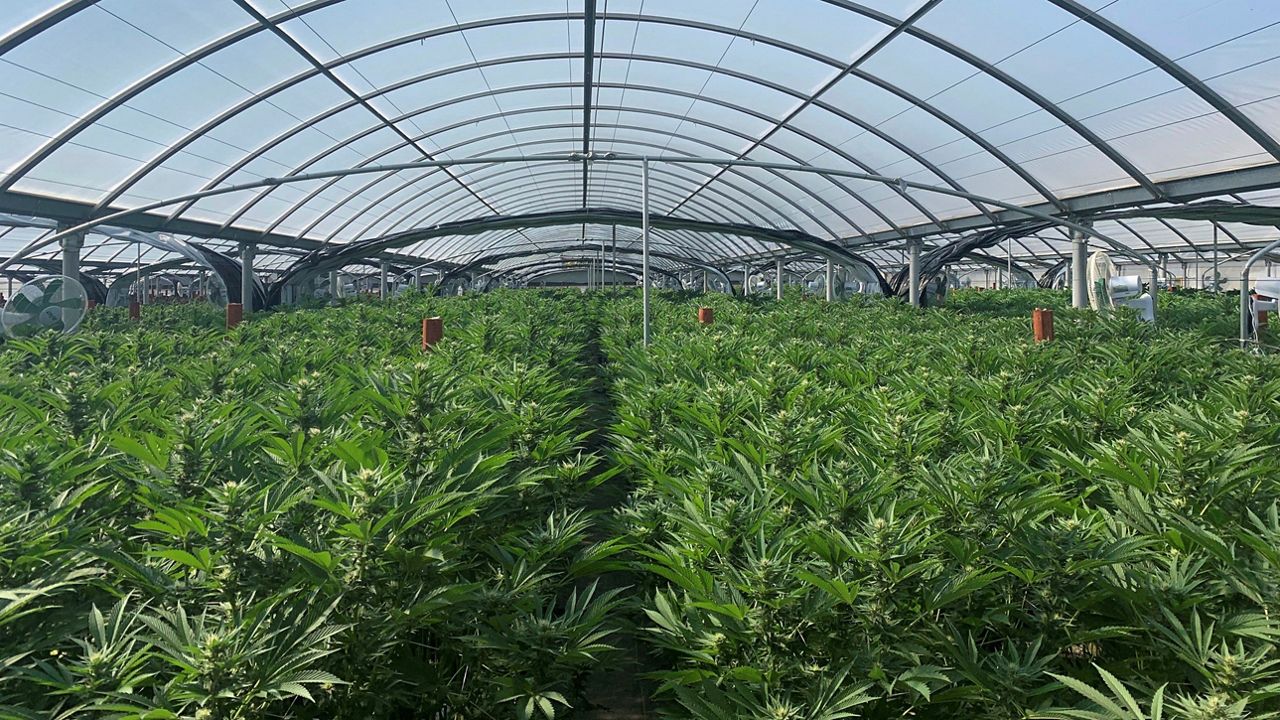FRESNO, Calif. — The California Department of Justice launched a new program Tuesday to combat illegal marijuana cultivation, manufacturing and retail sales in the state.
The Cannabis Administrative Prosecutor Program allows cities and counties to enforce the state’s marijuana laws by treating illegal cannabis activity as a public nuisance or land-use issue.
Doing so will enable local jurisdictions to shut down illegal operations in a matter of weeks instead of the months or years that are common with civil and criminal enforcement.
“California is known throughout the country as a leader in the world of cannabis,” Attorney General Rob Bonta said at a press conference announcing the new program. “We have the largest safe, legal and regulated cannabis market in the entire world. Despite that, illegal unlicensed cannabis activities continue.”
California was the first state in the country to legalize medical marijuana in 1996 and the fifth state to legalize its recreational use in 2016. Even so, illegal operators make up the majority of California’s cannabis activity.
The CAPP program’s so-called administrative enforcement will allow local law enforcement to issue citations and notices of violation that will allow illegal operators to voluntarily shut down or have their operations forcibly shut down through administrative processes.
The DOJ says CAPP will be funded with the fines, settlements and abatement liens collected through the program.
Fresno is the first city to partner with the Department of Justice. Through CAPP, the DOJ will provide the central California city with attorneys that act as administrative prosecutors at local administrative hearings and will also help with investigations.
“Our partnership is aimed at assisting the local legitimate cannabis industry and helping grow Fresno’s tax base,” Fresno City Attorney Andrew Janz said. “It is my hope that this first-of-a-kind joint venture between the Fresno City Attorney and the Office of the Attorney General will be a model for other large cities.”
Janz estimates about a dozen shops are operating illegally in Fresno, many of them selling fast food and candy items sprayed with THC distillate that target children. Janz said the new partnership will allow the city of Fresno to target illegal smoke shops, hookah lounges and tobacco stores.
Bonta said the CAPP program is aimed at low-level offenders “who don’t need to be treated as criminals.”
He added that the DOJ will “take appropriately aggressive, proportionate law enforcement action” when dangerous criminals are involved and the public’s safety is at risk.
In 2022, Bonta’s office launched a new Eradication and Prevention of Illicit Cannabis task force to increase enforcement and prosecute civil and criminal cases against illegal cannabis operations.
In October, the Department of Justice announced it had eradicated 974,000 cannabis plants from 449 illegal cannabis grow sites in 26 sites across the state and seized more than 200,000 pounds of processed cannabis.
Illegal marijuana activities threaten the environment with the use of banned insecticides and illegal water diversions and violate workers’ rights by housing them in “squalid isolated sites for months on end,” Bonta said. “At the same time, this underground cannabis market hinders the truly untapped economic potential of legal cannabis operators trying to do business the right way: paying their taxes, creating good California jobs and following the regulations and the rules.”



